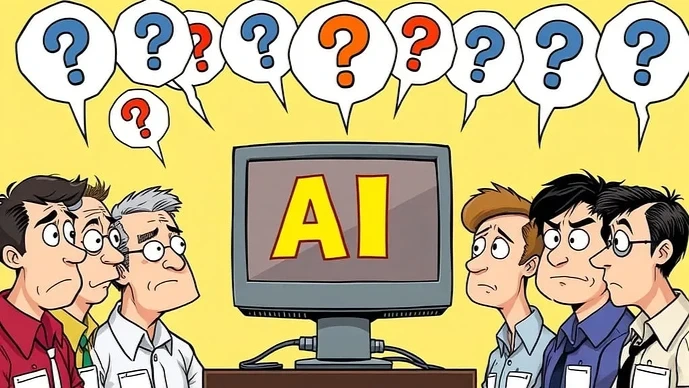In our dismal state of polarization, creating a thesis on social media as the culprit is low hanging fruit. We have copious discourse on this thesis. We also have a popular case to be made for the lack of critical thinking or good information consumption as the root problem.
So, it is natural that our interventions are often designed to address an information problem (i.e., information production and consumption). But what if the issue is not merely an information problem? Could there be other root causes of polarization that are seldom discussed. If they have merit, then perhaps our discourse and any corresponding resolution is “missing the boat.”
Here is a working hypothesis. We have come to a state of polarization which is obvious. In a process model of polarization have we passed a critical point where the information itself is irrelevant? This could happen when polar positions become part of individual identity. If so, is the culprit “cognitive dissonance” – where people are uncomfortable with conflicting information that they choose not to engage with it and migrate back to their comfort zones?
Let’s take Lewin’s concept of approach-avoidance conflict. When faced with information (i.e., facts or truth) that is conflicting – the dissonance cycle looks like this as applied to a first person (I).

The “something bad” that might if I believe the information could be anything perceived (i.e., I’ll be ridiculed by my group). The “something bad” that might happen if I don’t believe the information could also be anything perceived (i.e., I’ll look stupid).
So, if I face this dissonance, what is the way out? To resolve this conflict – I could take two paths:
- I ignore the information -> I don’t have this conflict OR
- I find reasons to believe that the information is fake -> then I can ignore the information -> I don’t have this conflict
So, the behavior of ignoring the information – moves people back to the comfort zones of their information bubbles. The behavior of finding reasons to believe the information is false (the source is garbage; the source has an agenda; facts or videos have been doctored; it’s all politics) creates a different type of discourse in which there are villains and scapegoats, and ultimately the information is ridiculed or discounted. TV and the internet are filled with such discourse. And this discourse gets easier to pitch when the trust in institutions is low.
When we wonder why the “truth” is not penetrating through, could it be because we are addressing this as an information problem – and blame the information being pushed (i.e., through algorithms) or being pulled (i.e., the lack of critical thinking skills). Our solutions involve fixing the push-pull problem by getting the right information through – through fact checking or adding context or citing credible sources. But are we missing the mark? None of these “solutions” address the cognitive dissonance issue which is a socio-psychological construct. In fact, our “solutions” could be doing the exact opposite of what we intend – by reinforcing polarization. If the culprits are identity or the discomfort of cognitive dissonance, maybe we need to add a repertoire of different kinds of interventions.









Leave a Reply